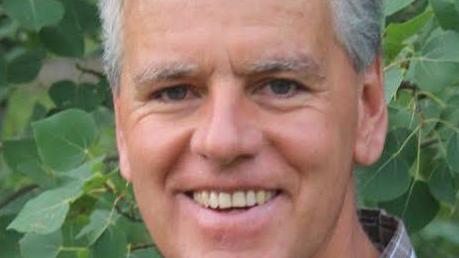
Hunters and anglers must pay attention to their surroundings. In Montana, this includes the political landscape.
Each new administration and legislature has sportsmen and -women wondering what might be in store for our way of life. Online hunting forums, sporting coalitions and opinions in daily papers are all buzzing with speculation of what might lie ahead. Will things remain as good as they’ve been?
Let’s start with how we manage fish and wildlife in Montana. As citizens, we intuitively understand that some things in life deserve to be protected for the benefit of everyone. In Montana, these “things” include fish and wildlife.
To this end, the Montana Fish, Wildlife and Parks (FWP) was established. And for more than a century, we’ve done a great job managing fish and wildlife to best meet the interests of current and future generations. Virtually all the species hunters and anglers care most about are at or near record highs, and hunting and fishing license sales parallel this trend. Let’s face it: if you’re a hunter or angler, there’s no better place in the world than Montana.
Many view FWP as holding sweeping powers and unfettered autonomy. But this isn’t the case. The specific directives that matter most to sportsmen and women such as opportunities, seasons and bag limits are not up to FWP alone to decide. Our governor, the Legislature, the governor-appointed FWP Commission and FWP director all direct these decisions, as well as other executive bodies. And this is why people are concerned about what lies ahead.
For years, our fish and wildlife have been managed as a public trust resource on behalf of and for the people of Montana. We collectively held that the opportunity to hunt and fish must be available to the average person no matter what their social or economic status might be.
Overall, this utilitarian approach to fish and wildlife management of the greatest good for the greatest number has served us well. But it stands on shaky ground, especially when the prospect of commercialization and privatization of fish and wildlife lingers. The danger of commercialization and privatization is a shift away from outdoor opportunities for everyone toward hunting and angling for certain segments of the society only. For example, officials may decide to grant hunting licenses to landowners to use however they please including selling these to the highest bidder.
The interests of Montana’s hunters and anglers as a whole have been in excellent hands with recent FWP commissions, especially with the outgoing commission led by Shane Colton. This five-member board understands and embodies the essence of being a steward of the "public trust in fish and wildlife."
When you hear current commissioners ask questions such as, “What will this change mean to the average hunter?” or, “How can we ensure that the public has more opportunities?” or, “How can we provide more public access?” you’re witnessing decision-making based on principles of public trust. But we must not take this for granted; our newly elected/appointed officials aren’t required to govern this way. They’re under no obligation to follow suit and may abide by a different set of guiding principles.
In the coming months, pay close attention. Greater opportunities will help Montana, the average hunter and angler, and our fish and wildlife thrive. Commercialization and privatization won’t. If you witness your opportunities diminishing, hold your elected officials accountable, as they make the rules on the things that matter most.
Thomas Baumeister is a member of the board of the Montana Chapter of Backcountry Hunters & Anglers.
December 27, 2020 at 10:30PM
https://ift.tt/34PhDe2
Montana’s opportunity to hunt and fish is on the line - The Missoulian
https://ift.tt/35JkYuc
Fish
No comments:
Post a Comment